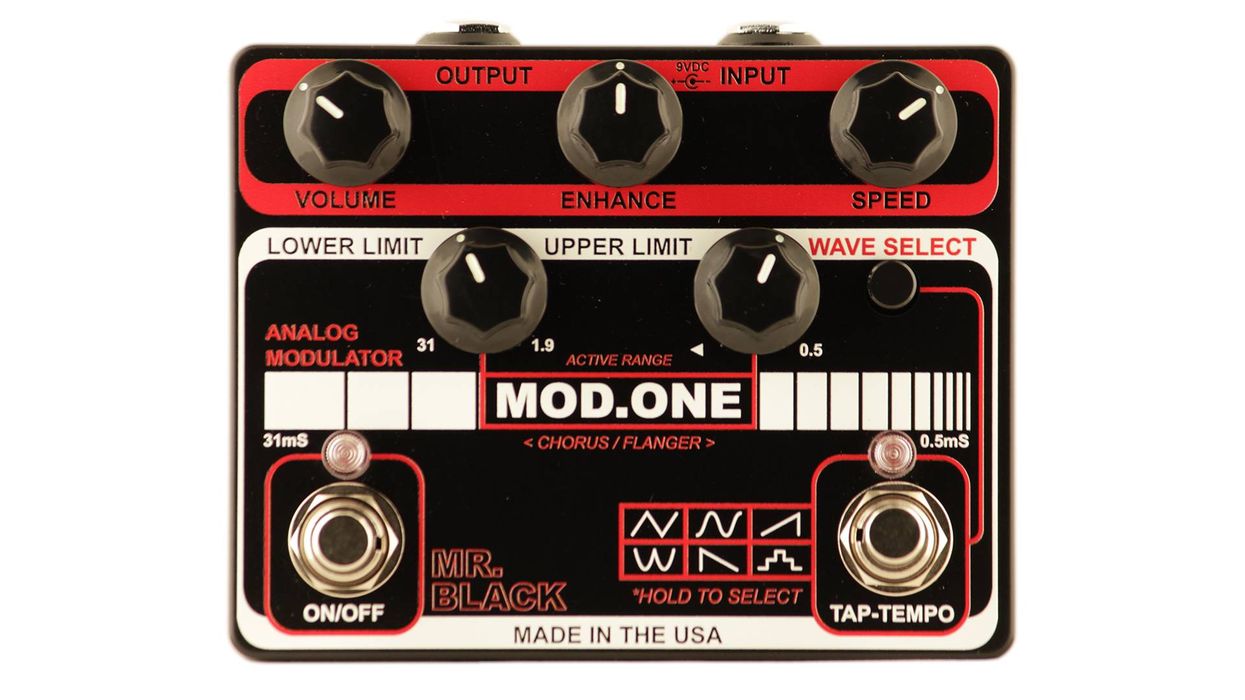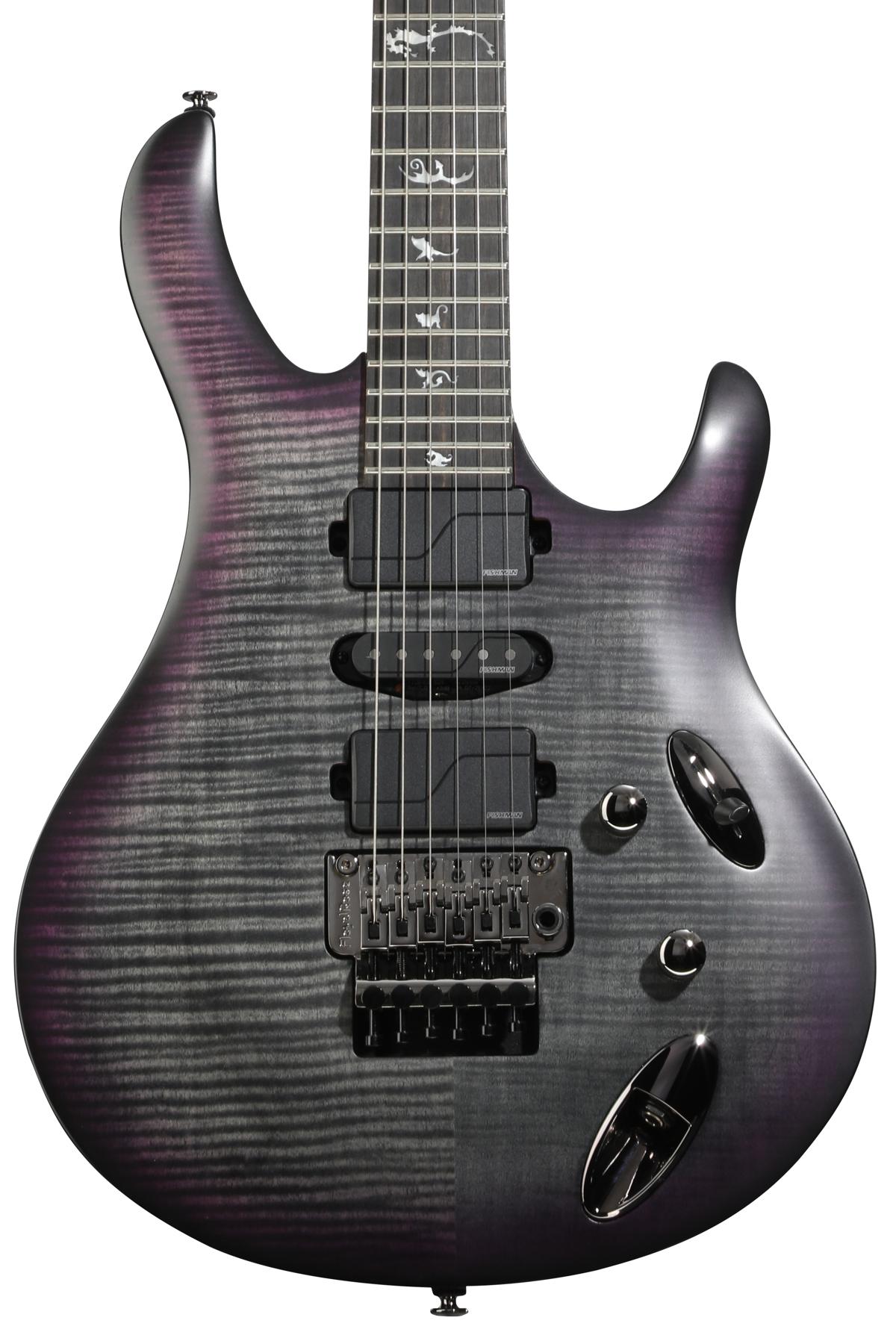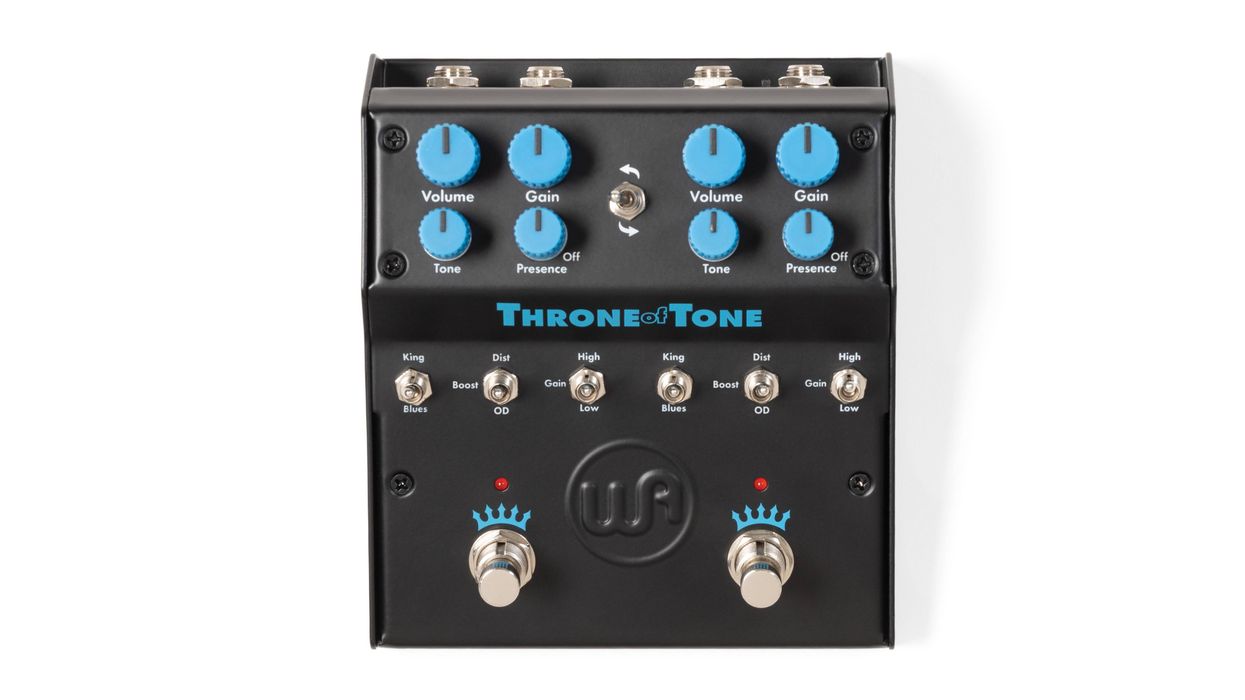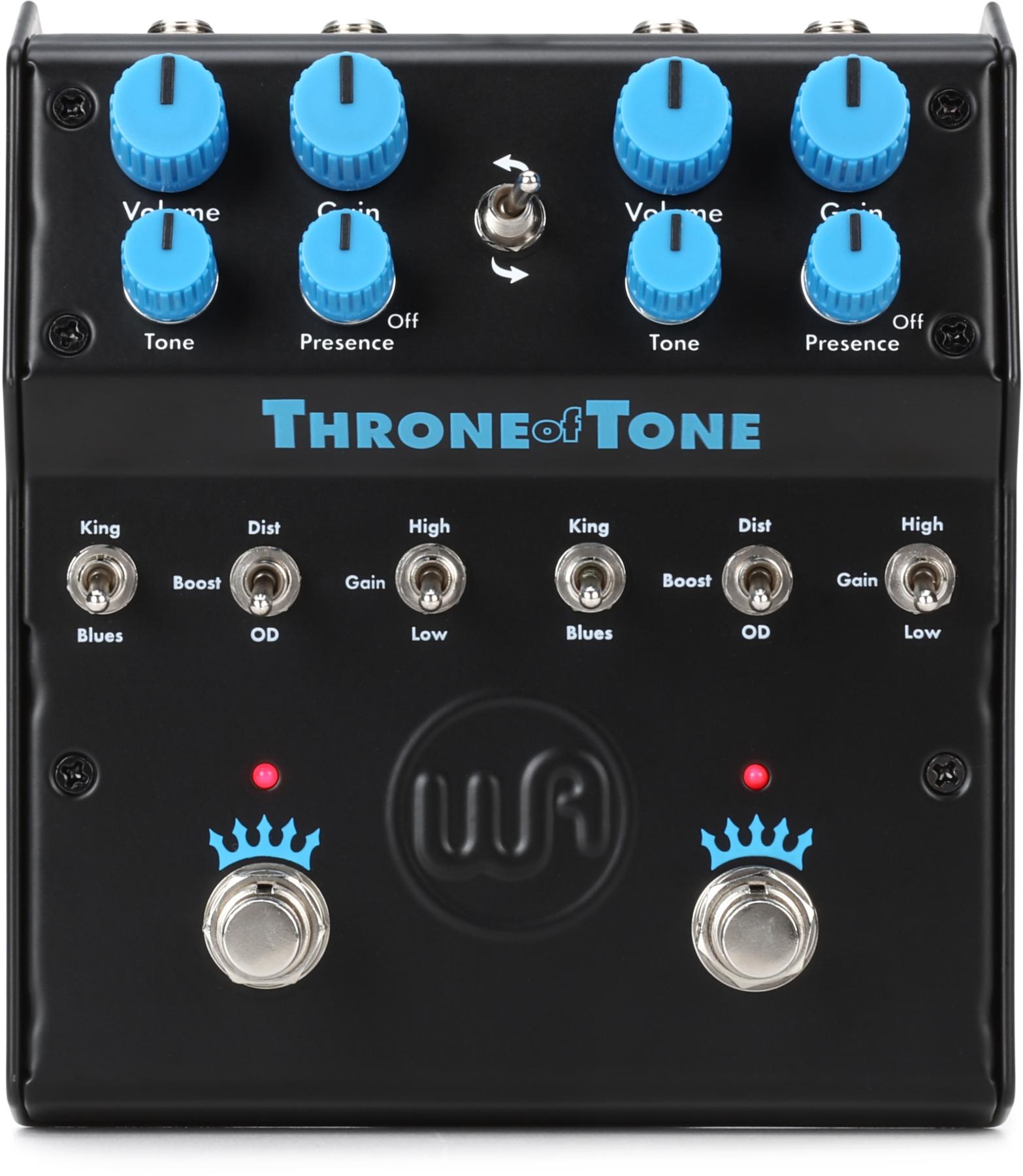Klōs miked with a Royer R-121 feeding an Apogee Duet going into GarageBand with a little reverb added but no EQ-ing, limiting, or compression.
RatingsPros:Comfy neck and nice fretwork. Robust plugged-in tones. Cons: Somewhat pricey. Quacky piezo tones. Unattractive headstock. Body slips a bit when played sitting. Street: $699 street (as tested with preamp and gigbag) Klōs Travel Guitar | Tones: Playability: Build/Design: Value: |
Made at the base of the Wasatch mountain range in Provo, Utah, the 24 3/4"-scale Klōs Travel Guitar features a miniaturized, carbon-fiber-composite dreadnought body mated to an 18-fret, blackwood-topped mahogany neck that can be easily removed for even more travel versatility than the 33"overall length already affords. The neck also features a 1 11/16" nut and a carbon-fiber stiffening rod on each side of the truss rod, and our review unit was fitted with the optional Fishman Sonitone undersaddle piezo system with soundhole-mounted volume and tone controls. The body measures 15" x 11.5" x 3.5"—substantial enough to comfortably hunker down on with your strumming arm, yet petite enough to be light and convenient on the go.
Most impressive of all, the Klōs boasts an inviting, medium-thickness neck profile and extremely clean fretwork across the entire board. As one would expect, unplugged tones are boxier than a full-sized instrument’s, yet there’s more than enough volume for campfire sing-alongs, as well as a pretty good sonic balance across the frequency spectrum. Amplified, the guitar gets the usual fidelity characteristics associated with an affordable, single-element piezo system. However, the lows and low mids get a sizable boost that can really open up the feel of fingerpicked passages.
Test gear: QSC K Series powered PA speaker, 1976 Fender Vibro Champ


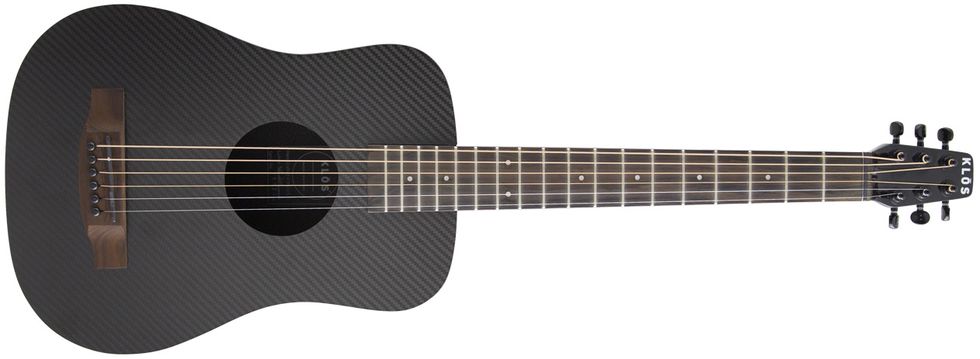

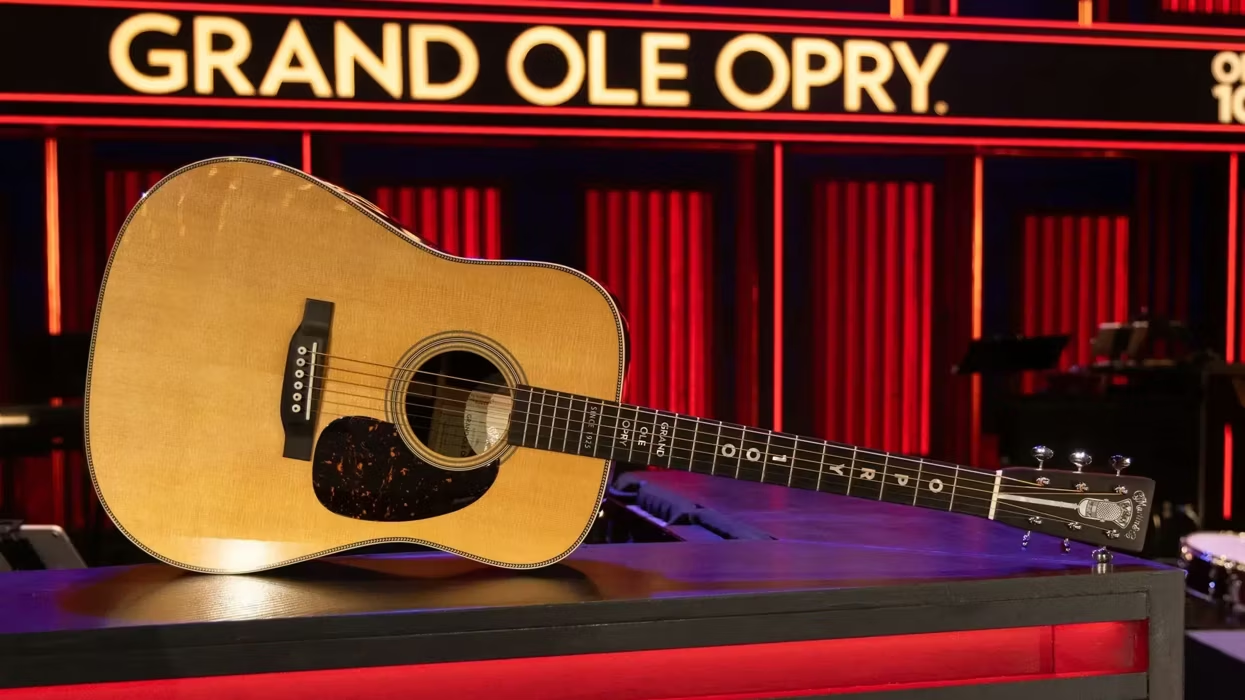
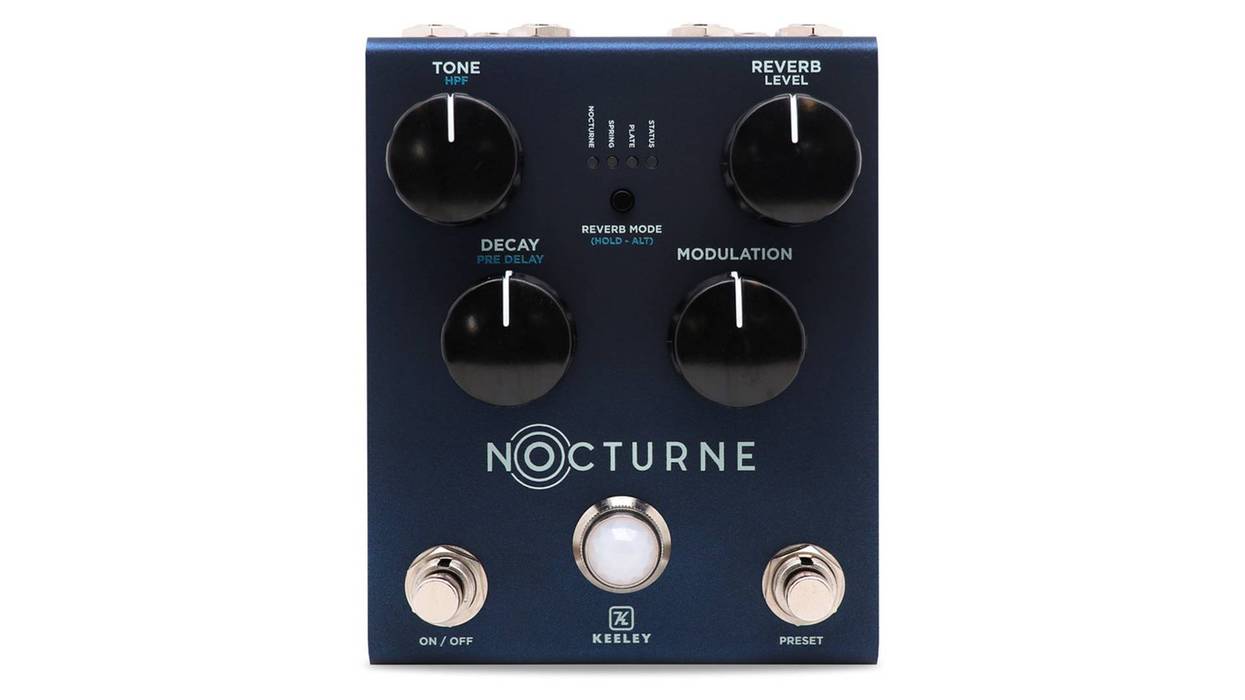



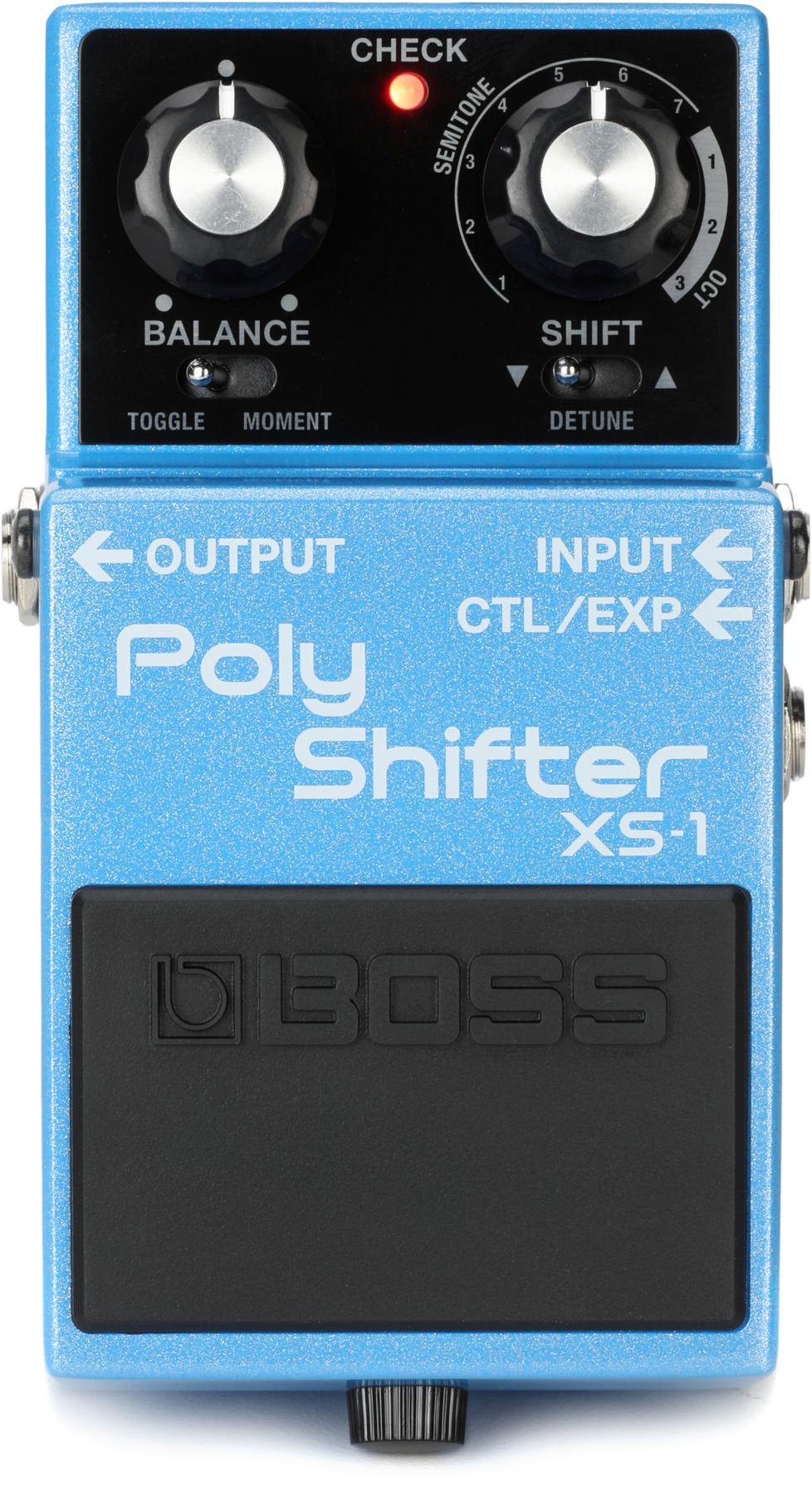



![Rig Rundown: Russian Circles’ Mike Sullivan [2025]](https://www.premierguitar.com/media-library/youtube.jpg?id=62303631&width=1245&height=700&quality=70&coordinates=0%2C0%2C0%2C0)


